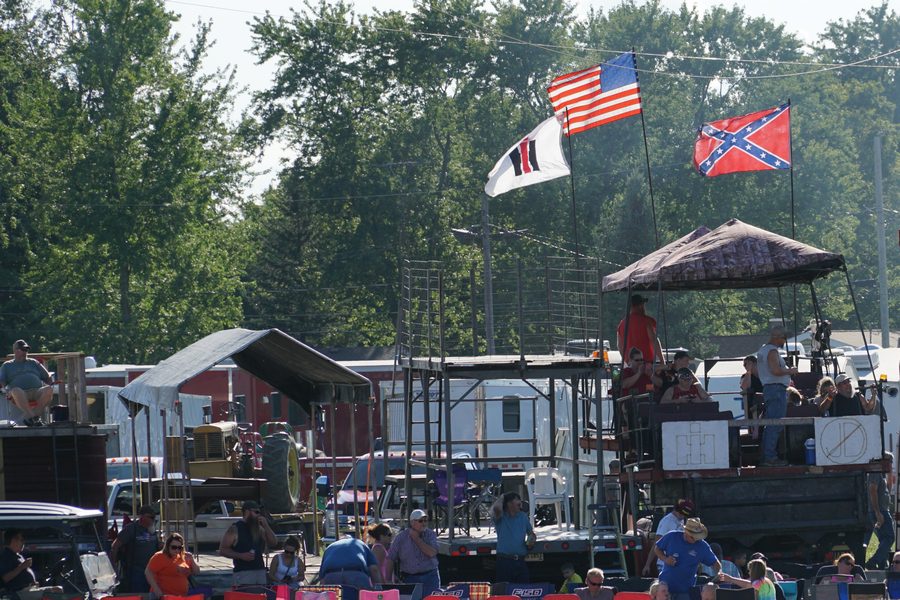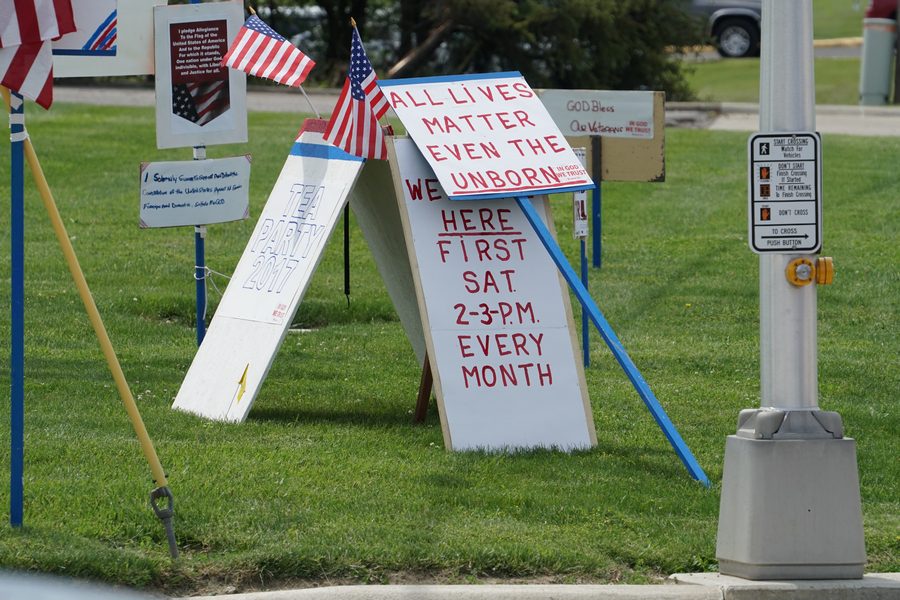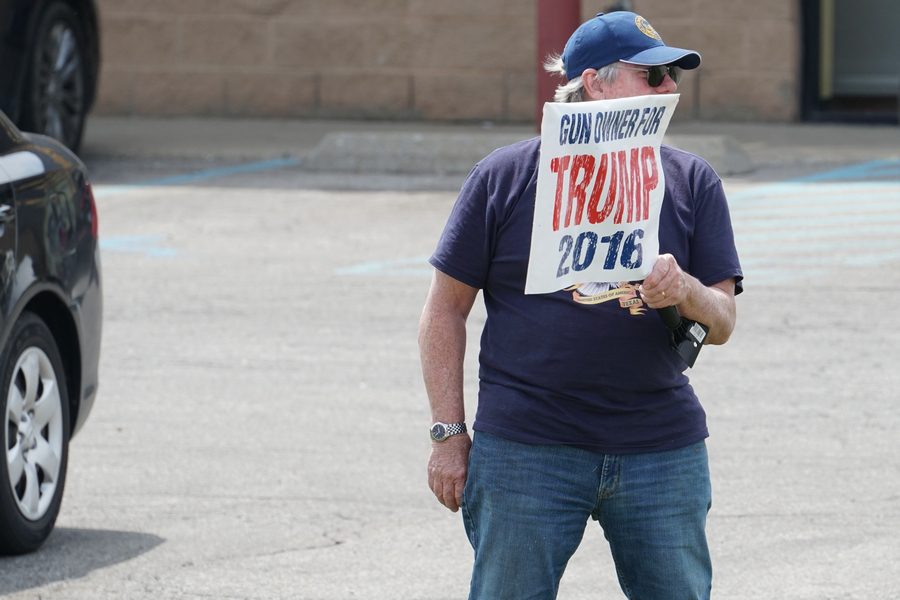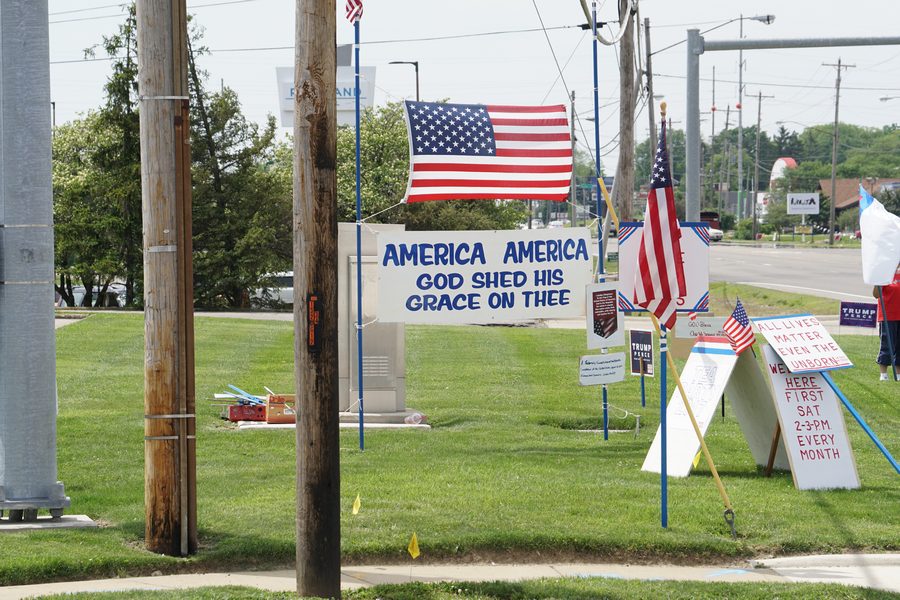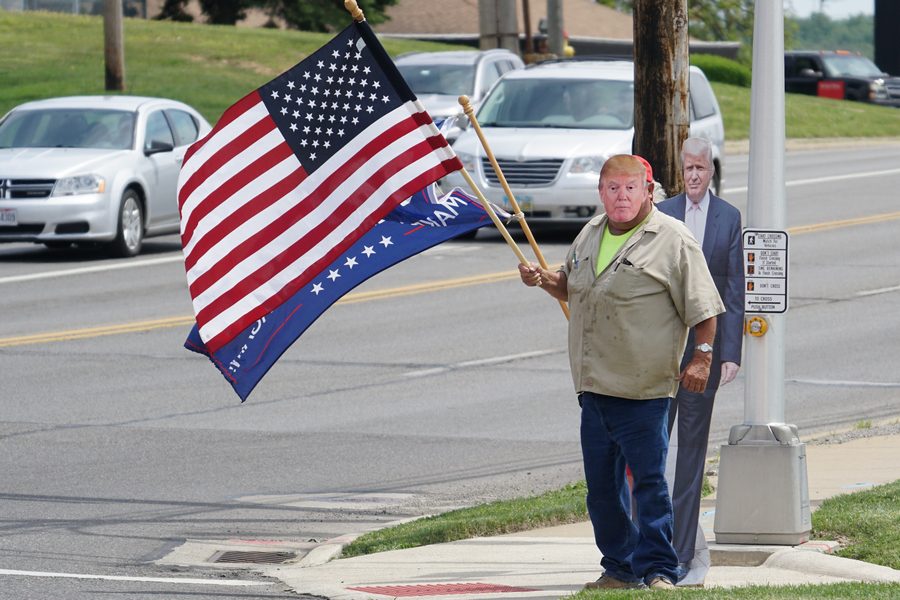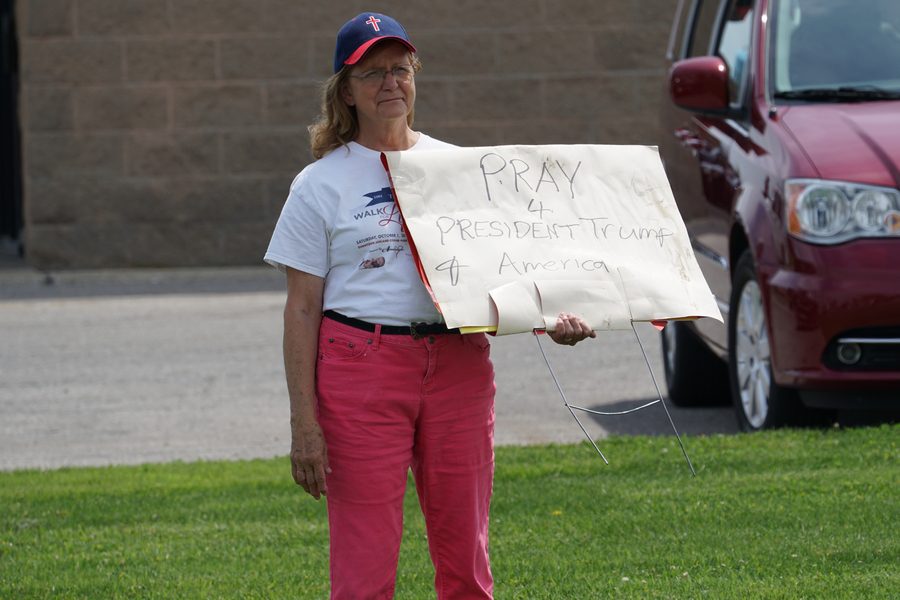
It seems that some Evangelical sects, pastors, and parachurch leaders are now aware of the fact that Evangelical churches are pastored by and filled with members holding racist, nationalist, white supremacist beliefs. Recent weeks have brought countless articles detailing Evangelicalism’s white supremacist and Christian nationalism problem. Shocker, right? While I appreciate high-profile exposure of these problems, I do chuckle a bit when Evangelical and secular authors alike express outrage over something they have just become aware of, acting like a pig who just found a truffle. They seem clueless of the fact that the alarming problems they see in Evangelicalism are not new, that racism, Christian nationalism, and white supremacist beliefs have been core Evangelical dogma for decades. I saw similar behavior when these same people expressed alarm and outrage over sexual abuse and coverup in Evangelical churches and colleges. I wanted to ask, “where the hell have you been?” This stuff has been going on in Evangelical and Independent Fundamentalist Baptist (IFB) churches my entire life. And for new readers who may not know my age, I am sixty-three years old. I have been around Jesus hanging on the cross a time or two.
On the same day I read several news stories about Evangelicals and their affinity for Christian nationalism, the Southern Baptist Convention (SBC) expelled two congregations for “affirming homosexual behavior” and two other churches for employing convicted sex offenders. Homophobia and pedophiles pastoring SBC churches? Who woulda thunk? The SBC is dying on the vine, a result ot its continued move to the right theologically, politically, and socially. Racism, misogyny, white supremacism, and Christian nationalism are common among Southern Baptists — the largest Evangelical sect in the United States. The same can be said of IFB churches and thousands and thousands of Evangelical congregations.
Long before I left the ministry, I was speaking out about these issues. By 2000, I made it clear to the people I pastored that politics had no place in the church. We were no longer going to be culture war warriors. Instead, we would focus on loving God and loving others, trying to present to the world a Christianity worth having. After I left the ministry in 2005, I continued to focus on the rot within Evangelicalism and continue to do so today.
Well-meaning Evangelicals think that they can “fix” Evangelicalism; if they work to root out bad actors that Jesus will once again bless Evangelical churches, people will get saved, and congregations will start growing again. This, however, is wishful thinking. The problems facing Evangelicalism are systemic. Unless Evangelicals are willing to rewrite the Bible or jettison many of their beliefs, I can’t imagine they will ever return to the glory days of the 1960s-1980s.
Evangelicals are one of the most hated religions in America for good reason. Thanks to the Internet and sites such as this one, Americans now know what goes on behind closed church doors. Evangelical churches and pastors can no longer hide their abhorrent beliefs and practices. The facade has been ripped away, exposing structural racism, misogyny, and homophobia — to name a few. I have published 800+ stories about Evangelical clergy sexual misconduct (and other criminal behavior) in the Black Collar Crime series. Former insiders are now telling their stories, revealing where the proverbial dead bodies are buried. From blogs to podcasts to social media, Evangelicalism is being assaulted on all sides. Their response? Whining, complaining, doubling down, and attacking their critics; anything but making systematic changes to their beliefs and practices.
I get it, Evangelicals believe the Bible is the inspired, inerrant, infallible word of God. They also tend to believe the Bible is a timeless text meant to be read and interpreted literally. To make systemic changes would mean abandoning these beliefs and admitting fallibility. Imagine Evangelicals ever admitting that the Bible is wrong, that its teachings cause psychological and physical harm, that the Bible — a man-made book — is in desperate need of an update. This is not going to happen, of course. Evangelicals, as they like to say, shall not be moved.
As alarmed reporters and Evangelical leaders belatedly see the light, I hope they will take a hard look at core Evangelical beliefs and practices. I hope they will come to see that Evangelicalism is rotting from within and is in the advanced stages of decomposition. I hope they will see that the Christian nationalism they just stumbled upon was there all the time, that the events of January 6, 2021, were just the culmination of beliefs put into place by men such as Jerry Falwell forty years ago. Most of all, I hope they will see that racism and white nationalism have always been part and parcel of Evangelical Christianity. My God, read the history of the Southern Baptist Convention.
As a critic of Evangelicalism, I hope that increased scrutiny and exposure to the light will bring the sect to an ignoble end. Thoughtful, kind, loving Evangelicals will hopefully abandon the sect, taking their money with them. That alone will starve and kill the beast. We shall always have Fundamentalists among us. The best we can hope for is that they will once again be forced to the margins of life, that the power they have over our culture and political life will be broken. By all means, let them rage against sodomites, abortion, and libs from their clapboard church houses. We just won’t care. Until that day comes, we must do everything in our power to marginalize Evangelical beliefs. We must love Evangelicals but hate their beliefs. We are in a no-holds-barred battle for the future of our country. We owe it to our children and grandchildren to fight for a better tomorrow, one where Evangelicalism is little more than a toothless, lazy porch dog — all bark, no bite.
Bruce Gerencser, 68, lives in rural Northwest Ohio with his wife of 47 years. He and his wife have six grown children and sixteen grandchildren. Bruce pastored Evangelical churches for twenty-five years in Ohio, Texas, and Michigan. Bruce left the ministry in 2005, and in 2008 he left Christianity. Bruce is now a humanist and an atheist.
Your comments are welcome and appreciated. All first-time comments are moderated. Please read the commenting rules before commenting.
You can email Bruce via the Contact Form.




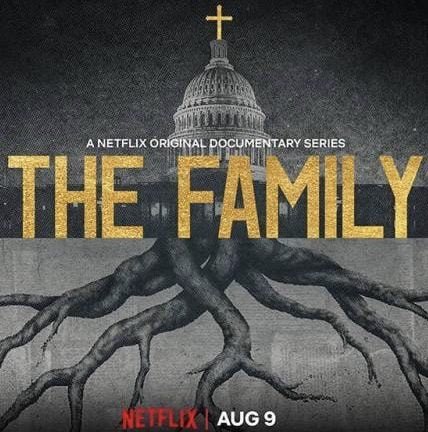

 My wife, oldest daughter, and I, along with several of our children and grandchildren, recently attended the Christmas Light Drive-Thru at the Defiance County Fairgrounds in Hicksville, Ohio. Attended by thousands of people from Northwest Ohio, Northeast Indiana, and Southern Michigan, the drive-thru is a mishmash of lighted secular and Christian displays. Thousands of dollars and man-hours go into putting on the largest Christmas light display in the area. Volunteers at the entrance held donation buckets for attendees to donate. Not knowing what awaited me beyond the entrance, I threw in a $5 bill.
My wife, oldest daughter, and I, along with several of our children and grandchildren, recently attended the Christmas Light Drive-Thru at the Defiance County Fairgrounds in Hicksville, Ohio. Attended by thousands of people from Northwest Ohio, Northeast Indiana, and Southern Michigan, the drive-thru is a mishmash of lighted secular and Christian displays. Thousands of dollars and man-hours go into putting on the largest Christmas light display in the area. Volunteers at the entrance held donation buckets for attendees to donate. Not knowing what awaited me beyond the entrance, I threw in a $5 bill.